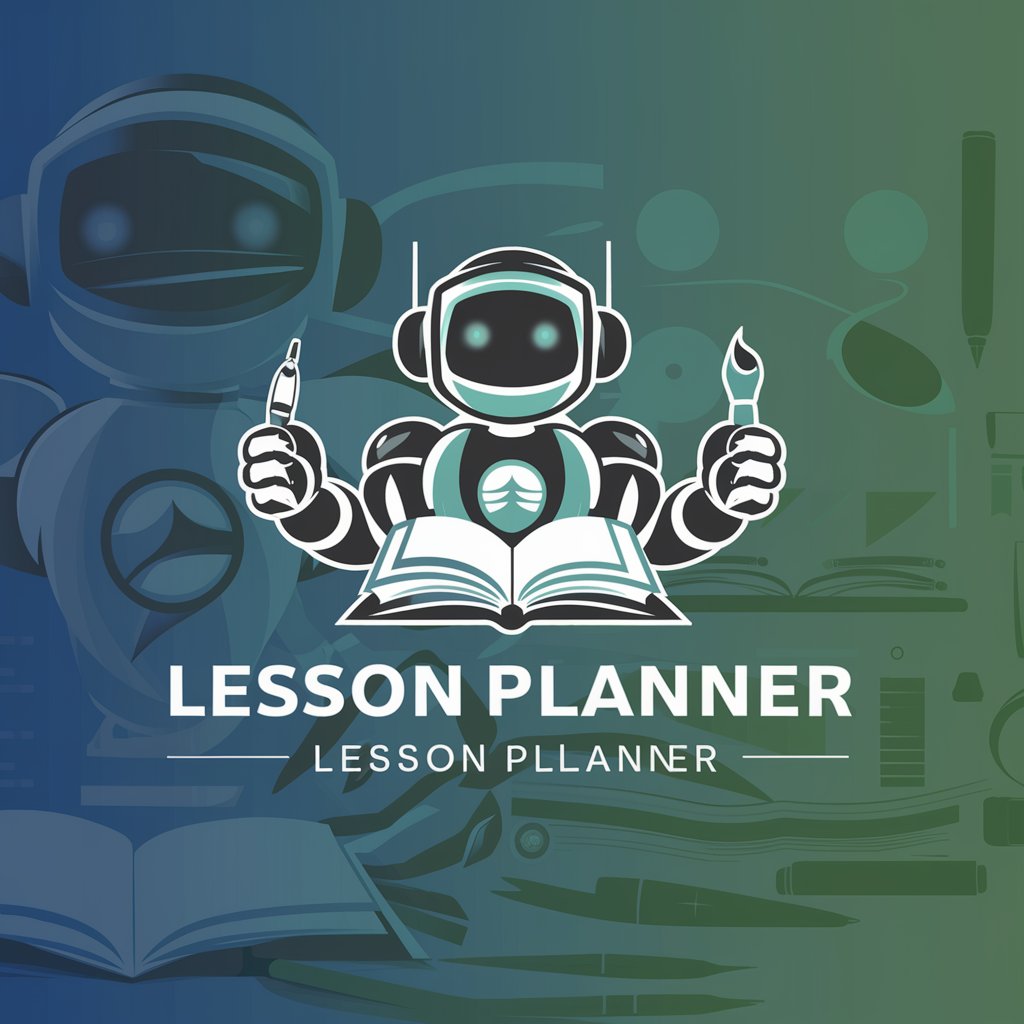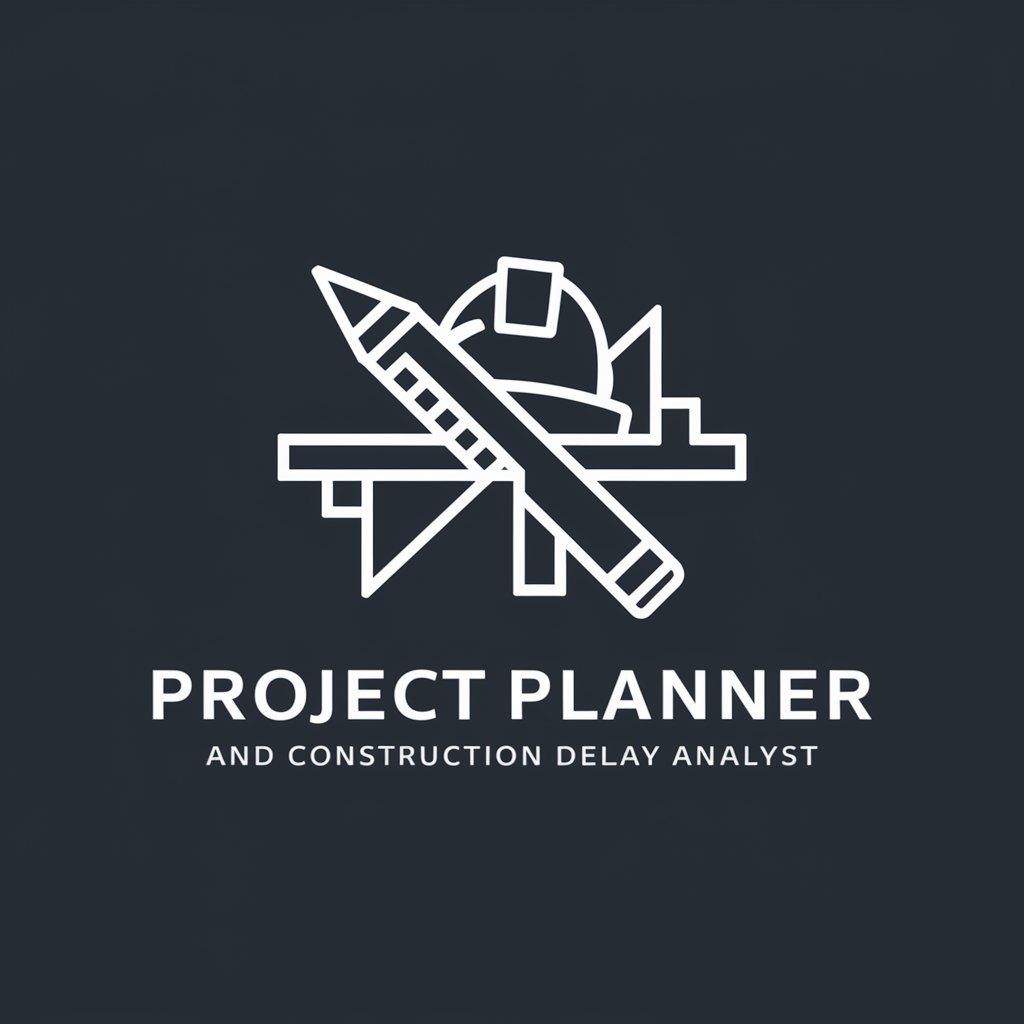
Experiment Planner - Custom Scientific Experiment Planning
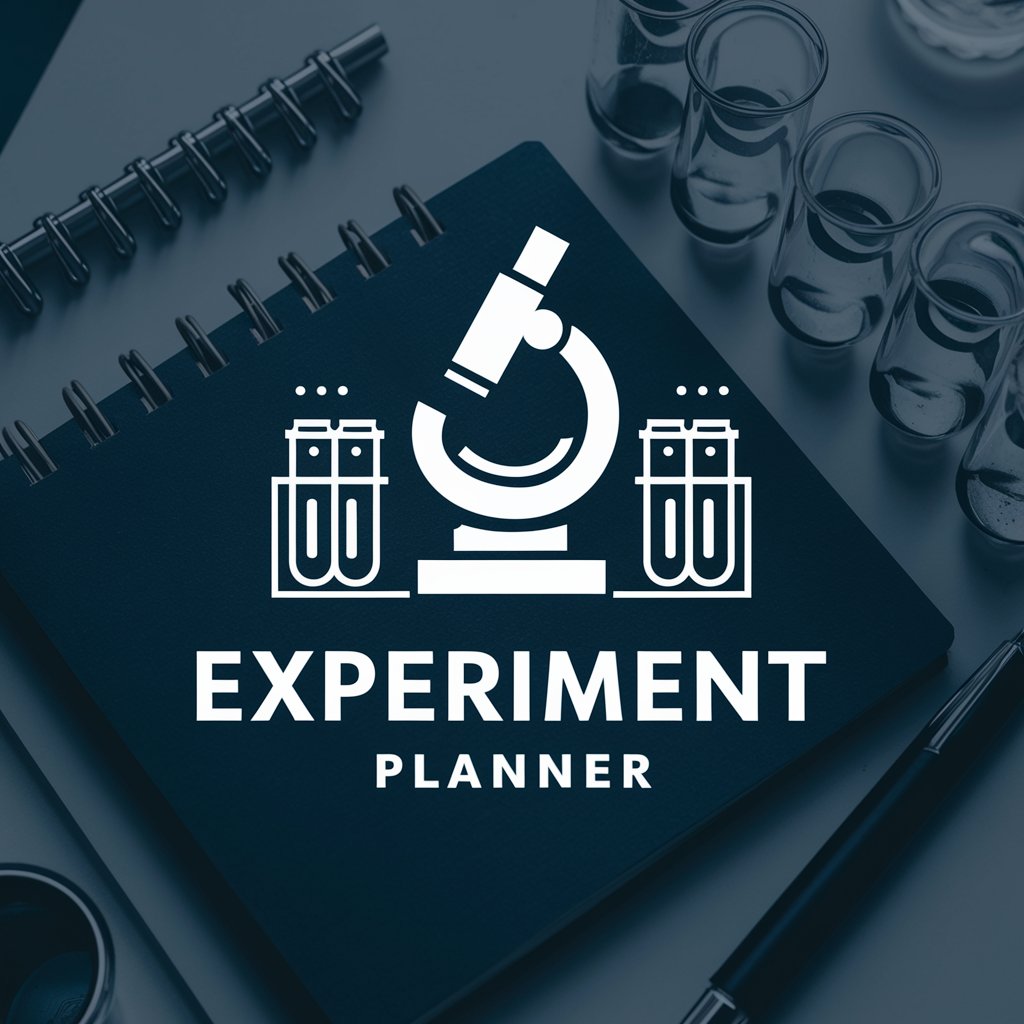
Welcome to Experiment Planner, your guide to meticulous scientific research design.
Tailoring Research Design with AI
Design an experiment to test the effects of...
How would you measure the impact of...
What methods can be used to evaluate...
Propose a study to investigate the relationship between...
Get Embed Code
Overview of Experiment Planner
Experiment Planner is designed as a specialized tool within the domain of scientific research, focusing on aiding users to conceptualize, design, and refine experimental studies. This tool is tailored to generate detailed experimental plans based on scientific inquiries or specific research questions presented by users. It engages directly with these inquiries by proposing experimental designs, integrating findings from relevant published scientific papers, and suggesting considerations for method validity, reliability, biases, ethical aspects, and statistical analysis. For instance, if a user is interested in studying the effects of a new fertilizer on crop yield, Experiment Planner would first review existing literature on similar studies, summarize their findings and methodologies, and then craft a series of detailed experimental designs tailored to the user's specific context, highlighting best practices in experimental setup, data collection methods, and analysis techniques. Powered by ChatGPT-4o。

Key Functions and Applications
Literature Review and Integration
Example
Reviewing studies on the impact of sleep on cognitive performance, summarizing findings, and integrating these insights into a new experimental design.
Scenario
A user planning to research sleep patterns' effect on learning outcomes would receive a compilation of recent studies, with Experiment Planner outlining a design that considers various sleep variables, control groups, and measurement techniques for cognitive assessment.
Experimental Design Proposal
Example
Creating a multi-phase experimental plan to test a new pharmaceutical's efficacy, including control and treatment groups, dosing schedules, and outcome measures.
Scenario
For a researcher developing a new drug, the tool offers a comprehensive plan detailing the selection of participants, randomization processes, blinding methods, and statistical analyses to ensure the study's validity and reliability.
Ethical and Safety Considerations
Example
Advising on ethical protocols for human subject research, including informed consent and privacy protection.
Scenario
In designing a clinical trial, Experiment Planner would guide the user through ethical considerations, ensuring that the study complies with institutional review board (IRB) standards and respects participant rights and safety.
Target User Groups
Academic Researchers
Individuals or teams in academic settings across disciplines who are in the process of conceptualizing or conducting research. They benefit from Experiment Planner's ability to synthesize and integrate relevant literature into actionable, ethical, and scientifically rigorous experimental designs.
Industry R&D Professionals
Professionals working in research and development within various industries, such as pharmaceuticals, agriculture, or technology. These users can leverage Experiment Planner to optimize their experimental approaches, ensuring robust and reliable results that support product development and innovation.
Students and Educators
Students at undergraduate, postgraduate, or doctoral levels, and their educators, who require assistance in designing experiments for coursework, theses, or dissertations. Experiment Planner offers a structured approach to developing scientifically sound research proposals, enhancing educational outcomes.

How to Use Experiment Planner
Start Your Free Trial
Visit yeschat.ai to access Experiment Planner for a free trial without needing to log in or subscribe to ChatGPT Plus.
Define Your Query
Clearly articulate your scientific question or research query. Detail is key for an accurate and comprehensive experiment plan.
Review Literature
Before submitting your query, briefly review existing literature or studies related to your topic to refine your question and understand the context.
Submit Your Query
Using the provided text box, submit your detailed query. Include any specific requirements or considerations you want addressed in your experiment plan.
Review and Refine
Once you receive your experiment plan, review it thoroughly. Feel free to ask follow-up questions or seek clarification to refine the plan to your needs.
Try other advanced and practical GPTs
GPT Legends
Embark on Legendary Adventures with AI
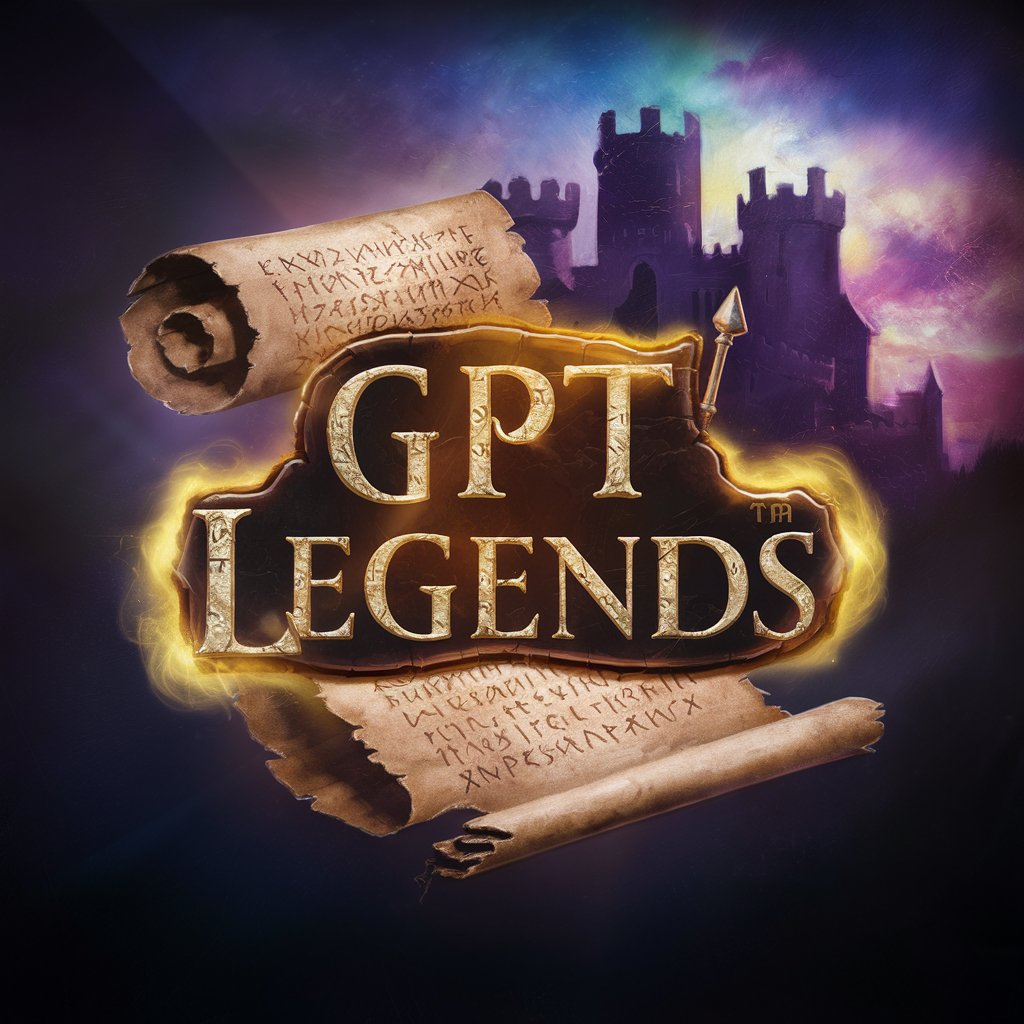
Solution Seeker
Empowering Solutions Through AI

Tsu✨
Explore Fantasies with AI-Powered Companionship

Web Analytics Buddy [Beta]
Transform data into actionable insights
![Web Analytics Buddy [Beta]](https://r2.erweima.ai/i/0al6bRg5TDKBu9UCX7Jdpw.png)
FREE AI subreddit Moderator Assistant
Automate moderation, engage better.

(Unofficial) GNoME Materials Discovery AI
Unveiling the Future of Materials with AI

Movie Posters
Craft Cinematic Posters with AI

Serenew - CBT Focused AI
Empowering Mental Wellness with AI

Canadian Immigration Consultant
Navigating Alberta's Immigration with AI Precision

Helpful Stoic Quote Generator
Empowering insights from Stoic philosophy, powered by AI.

T-Shirt Guru Dude
Unleash Creativity with AI-Powered T-Shirt Art
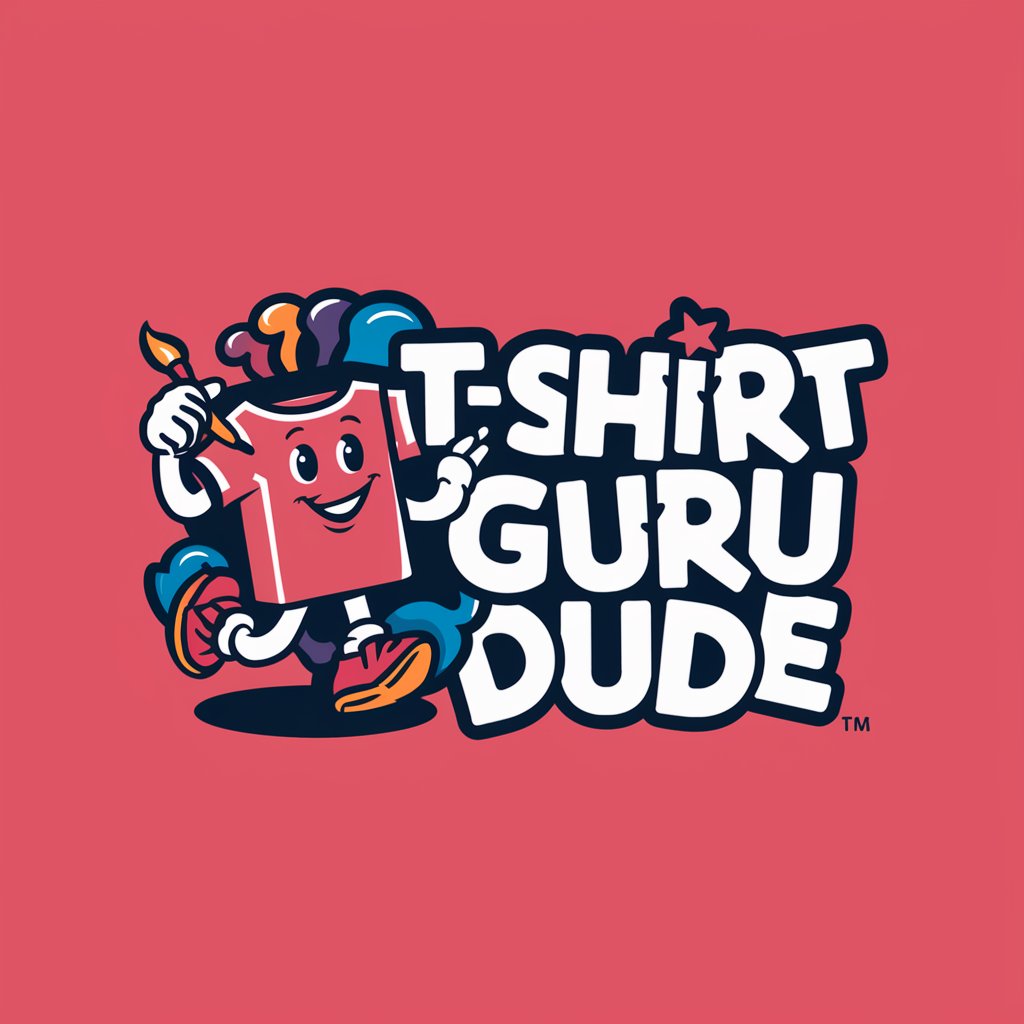
Advertising Professor
Power your ads with AI-driven insights

Frequently Asked Questions about Experiment Planner
What makes Experiment Planner unique?
Experiment Planner specializes in designing detailed, custom experiment plans for scientific queries. It integrates recent research findings and considers method validity, ethical aspects, and statistical analysis to ensure a robust approach.
Can Experiment Planner help with all fields of research?
Yes, Experiment Planner is designed to assist with a wide range of scientific fields, from biology and chemistry to social sciences and engineering. Its flexibility and extensive database allow it to cater to diverse research needs.
How does Experiment Planner ensure the reliability of its experiment plans?
Experiment Planner bases its plans on a thorough review of recent, relevant scientific literature, considering the latest methodologies and ethical standards. It encourages critical thinking and peer review for further validation.
Can I use Experiment Planner for educational purposes?
Absolutely. Experiment Planner is an excellent tool for educators and students alike, aiding in the understanding of experimental design, hypothesis testing, and the scientific method through practical application.
What should I do if the experiment plan doesn't fit my needs?
If the provided plan doesn't fully meet your requirements, you're encouraged to ask follow-up questions or request adjustments. Experiment Planner aims for a collaborative approach to refine and tailor plans to individual needs.
